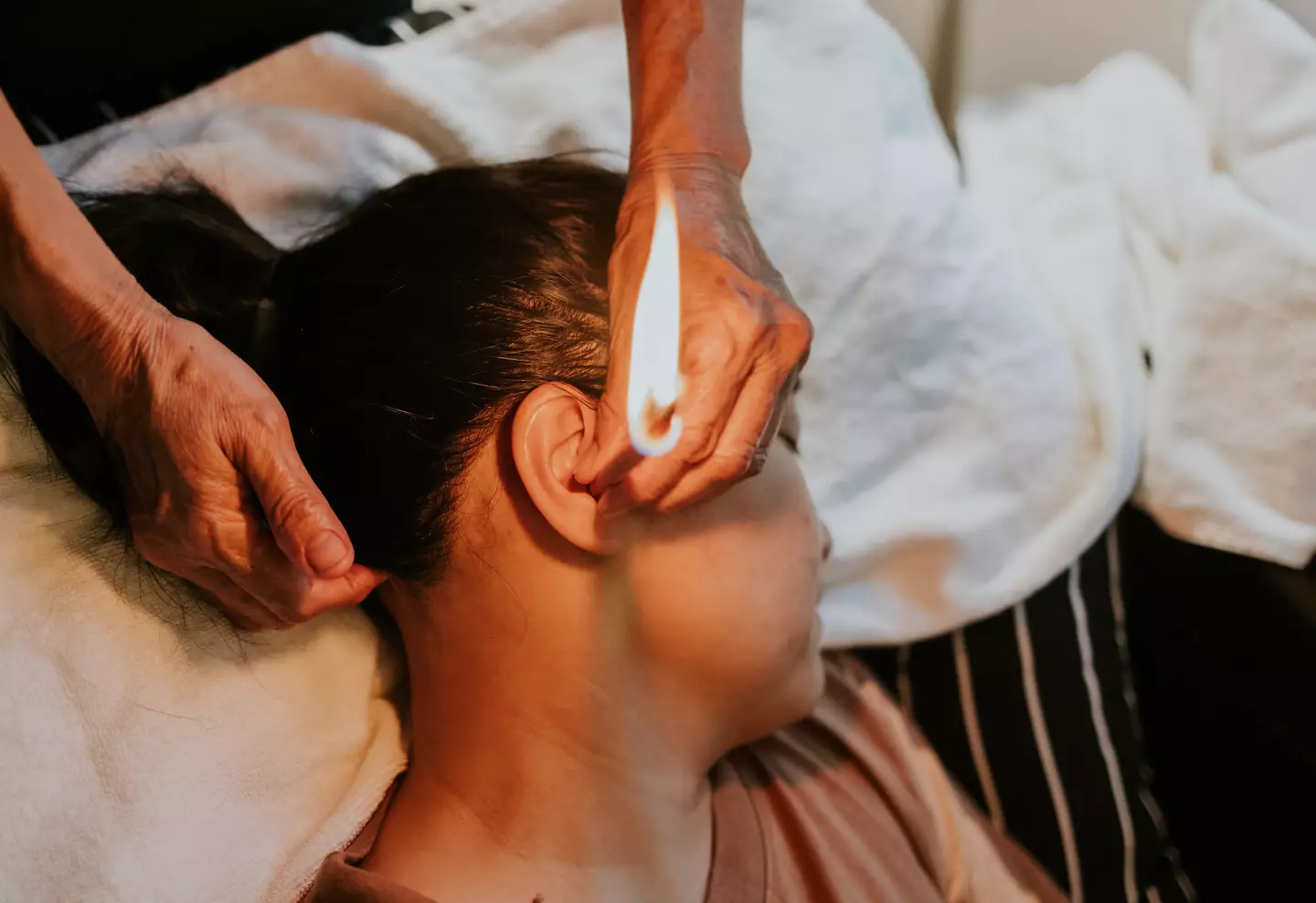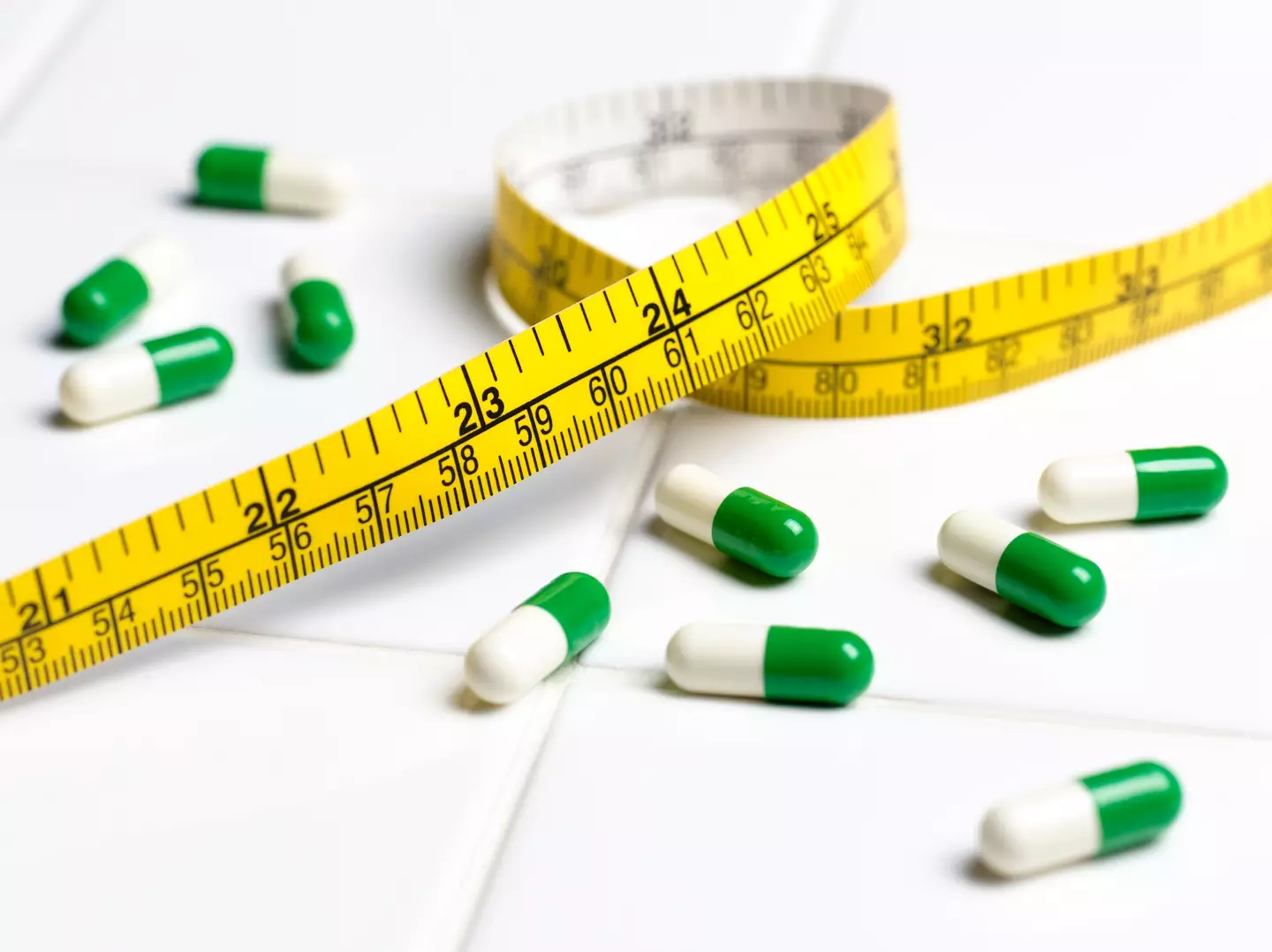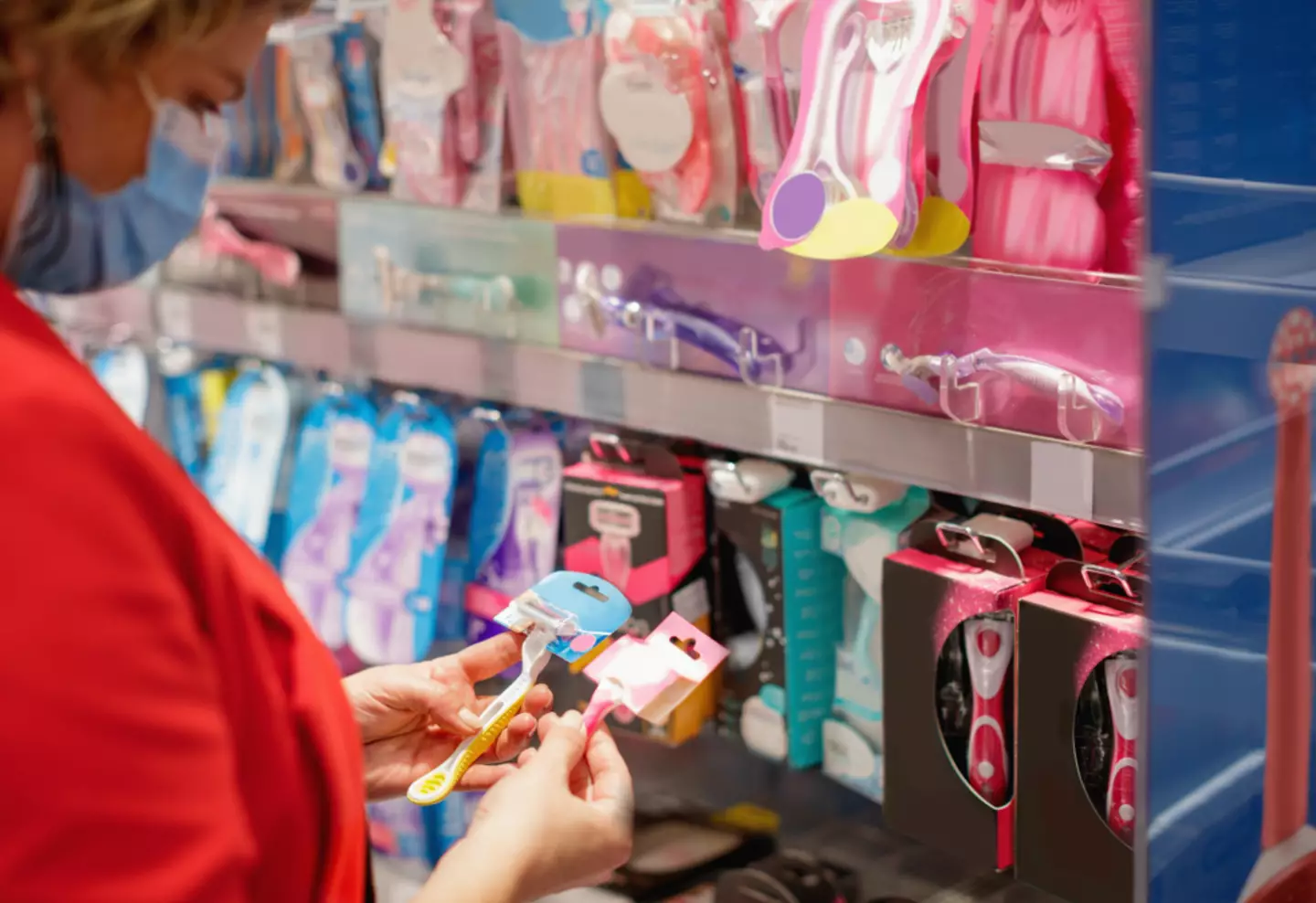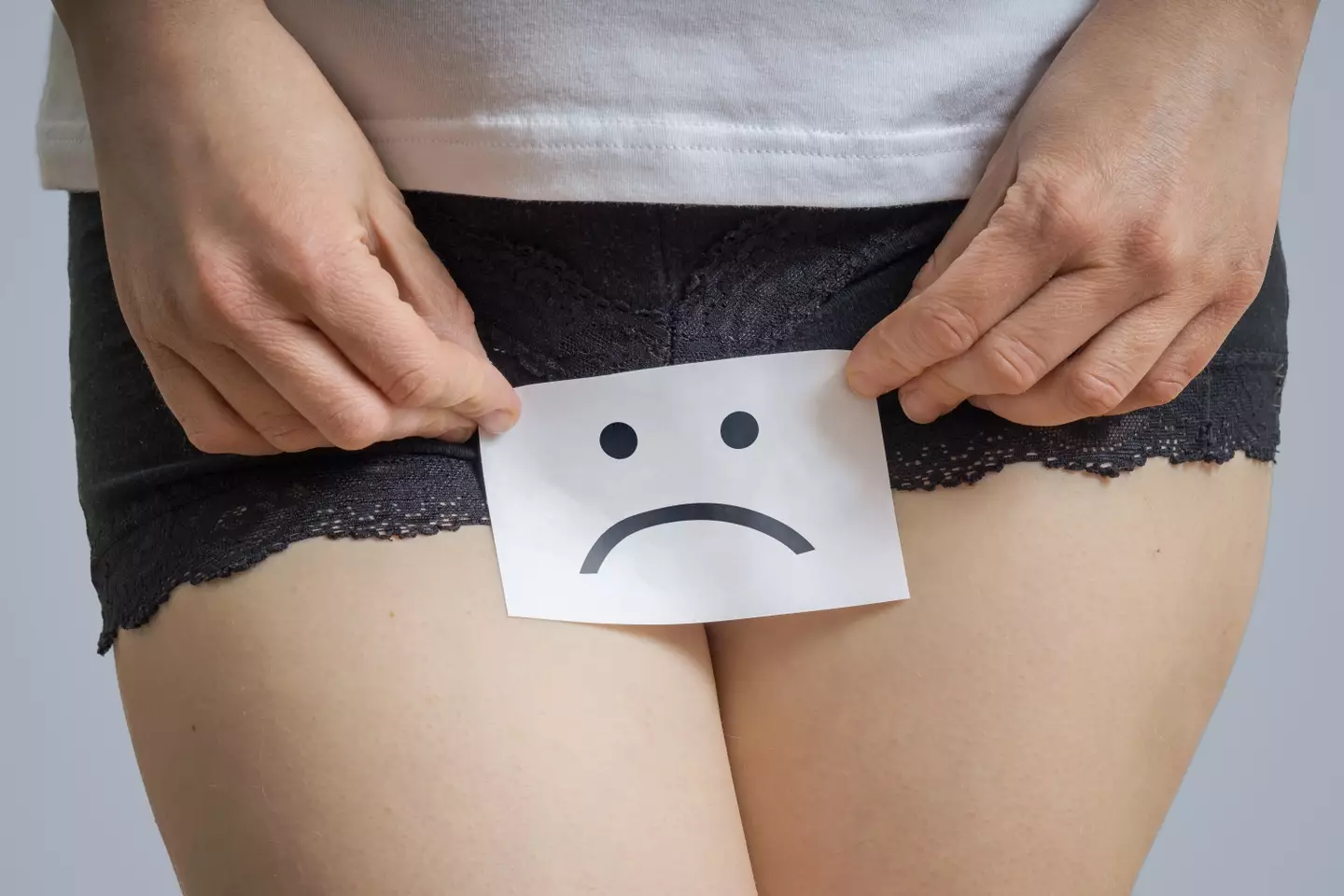Warning: This article discusses diet pills, which may be distressing for some readers.
There are nine common items many people purchase only to later find out they are not worth the investment of time or money.
While notorious scams like The Tinder Swindler and credit card cons grab headlines, it’s important to be aware of everyday items that many social media users label as a ‘scam’.
When starting college, students receive a lengthy list of textbooks required for their courses. These books are often extremely expensive and might only be used once.
Even if opting for second-hand versions, the cost can still be significant, leading many students to regard college textbooks as a ‘scam’.

Purchasing a printer may seem like a bargain until you realize the cost of printer ink can exceed the price of the printer itself.
Retailers attract customers with discounted printer prices, but the real expense comes when purchasing ink, which can be surprisingly high.
Photography news website Fstoppers highlights a case of spending $48 on a printer only to spend $200 on ink.

Timeshares can be controversial, with varying experiences depending on the arrangement and parties involved.
As a form of holiday ownership, timeshares allow individuals to invest in the right to spend time at a property annually. However, there are potential pitfalls.
Action Fraud warns that fraudsters may pose as companies or buyers, claiming to have a buyer ready to purchase the timeshare at a good price when in reality, no such buyer exists.
“In reality the buyer doesn’t exist, and it’s another way to extract money from victims,” the organization explains.
Even legitimate timeshares can be expensive, may not appreciate in value, and can be inflexible if there are difficult co-owners.

The Himalayan salt lamp is another item that may not deliver on its promises. Many people buy them hoping to improve air quality and overall well-being.
Unfortunately, these lamps often end up drawing moisture from the air, leaving a puddle of water behind.
Healthline notes: “Some say the lamps purify the air and provide health benefits such as lifting your mood, enhancing sleep, and improving breathing conditions. The basic idea is that the lamps change the ionization of the air around you, alleviating allergy symptoms and helping to balance your mood.
“While there’s some evidence that negative ions, in large enough amounts, may improve some health conditions, researchers say the negative ions around salt lamps aren’t concentrated enough to provide noticeable health benefits.”
Additionally, these lamps can pose electrical hazards, be dangerous to children and pets, and are prone to corrosion.

Ear candling, the practice of using a lit candle to extract earwax, is considered unsafe and ineffective.
Medical News Today describes it as “an unsafe and unproven practice,” and the United States Food and Drug Administration (FDA) has deemed it unsafe with no proven benefits.

Diet pills are often promoted as an easy way to lose weight, but many of these products lack scientific support, especially if not prescribed by a doctor.
Steven Heymsfield, MD, told WebMD: “The number and quality of good, randomized, double-blind [studies] that really explore the question of efficacy are very limited for these herbal products and dietary supplements.
“That’s virtually true for the entire category of [weight loss] products.”

Women often face higher prices for similar products compared to men, a phenomenon known as the ‘pink tax’.
For instance, a study by the New York City Department of Consumer Affairs found that 42 percent of the time, products marketed towards women were more expensive than those for men.
An example includes women paying an average of $8.39 for shampoo while men pay $5.68.

Hygiene sprays for women are another product under scrutiny. Dr. Martin L. Stone from New York Medical College and Metropolitan Hospital, told the New York Times: “I don’t think they serve any useful purpose.
“The sprays are sort of like pouring perfume in the area. I’d rather see the patient bathe.”
Some studies suggest that these products, particularly when scented, can increase the risk of infections and other health issues.
It’s generally recommended to rely on water and avoid unnecessary hygiene products for vaginal health.

While ‘flushable wipes’ are marketed as safe to flush, they can actually pose significant risks to plumbing.
Mr Rooter Plumbing advises against flushing them, citing that they do not break down quickly and can lead to clogs and blockages.
These wipes consist of materials that remain intact, unlike toilet paper, potentially causing severe plumbing issues.

